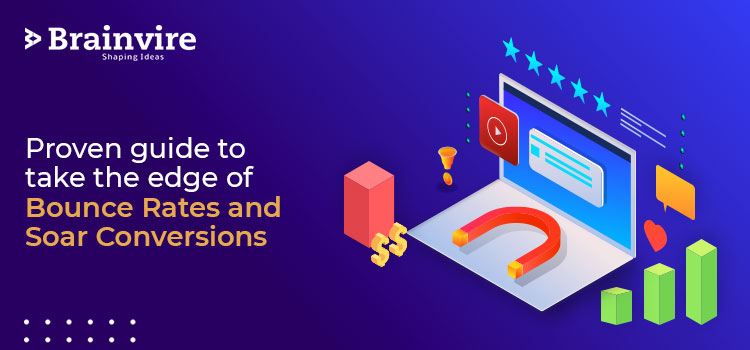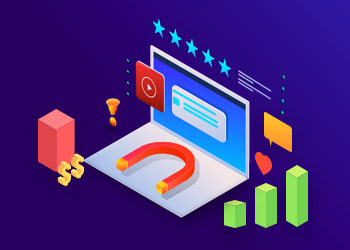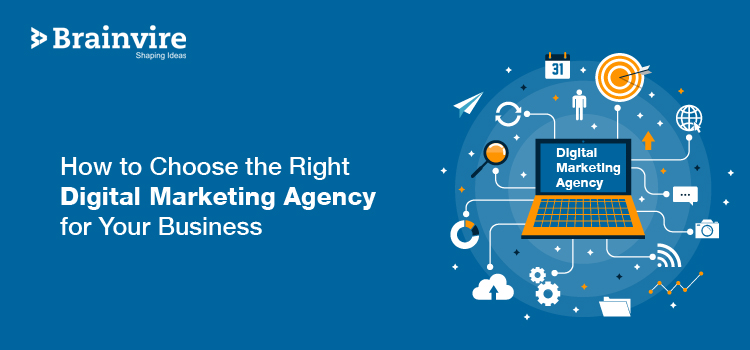
If you are proactive in the Digital Marketing Industry and know how “Search Engine Optimization” functions, you must be aware that bounce rates and conversion rates go hand-in-hand. A high bounce rate on the landing page indicates that website pages aren’t relevant to visitors. As a result marketers experience low conversion, sales, or leads.
On the brighter side, a higher bounce rate can turn into an opportunity for marketers to solve this problem.
Here are some points that will help you understand how to improve bounce rate:
What is the bounce rate( Is it important to know)?
As per google analytics, a bounce rate is a percentage of single-page visits or sessions ( a session is a collection of hits recorded for a visitor in a certain given time) in which a visitor leaves your website after viewing the landing page without surfing furthermore. In non-geek terms, bounce rate happens when any visitor lands on your website and leaves without interacting or browsing the entire website.
A high bounce rate isn’t always an issue for your website. Even if someone lands on your website surfs for information but doesn’t buy anything, it is still considered as a conversion. As you acquire their details and you can add them to your sales funnel.
The problem is when people are coming and leaving the website immediately. In this case, people come, bounce, and don’t convert. That’s the problem you need to address and figure out why are customers leaving in such large numbers
In order to improve conversion rate, it is crucial to understand what bounce rate is and how it is calculated.
The bounce rate of a website in google analytics is determined by dividing the number of a single-page session by the total number of sessions on the site.
Let’s assume you have 100 visitors on your website and 5 of them leave without interacting, your bounce rate is 5%.
Google Analytics is a perfect tool that gives you real-time metrics of each pages’ bounce rate, the average bounce rate of an entire website, the number of visitors, The average pages per visit, time on site.
It is advised to look and study these metrics once in a while and compare them with others. For example, if you observe that the average time on site and your bounce rate is high in the metrics, this concludes that visitors have probably achieved what they were looking after and there was no need for further navigation.
Again, the problem is when there is little engagement from visitors and your site is experiencing a high bounce rate. That’s when the measures should be taken that ensures lower bounce rates.
Here are some proven ways on how to reduce bounce rate and improve conversions.
Analyze your top exit pages
Look for the Exit Pages summary in Google Analytics. By analyzing the bounce rate and exit rate on your most popular sites, you can reduce bounce rate easily. This indicates how often visitors arrive directly on the page, how many arrive through internal links, and which pages are by far the most highly neglected, allowing you to focus on the pages which need to be enhanced.
Improve your content’s readability
A lack of readability is one reason why your target customers can abandon your site. When the text is readable and comprehensible, the user experience begins. The text should be written in a proper easy-to-read format. Audiences do not like text written in big chunks, they skip reading it.
Here are a few pointers to help you format and make your content more readable:
- The headlines must be bold and big
- Make use of a larger proportion of subheadings
- Use bullet points to break up the document
- Include high-resolution photos or infographics
- You can use bold keywords a few time
Many tools help you test your website’s readability SemRush, WebFx. WordPress is an excellent tool that comes up with numerous content editing formats, which eliminates the probability of risk.
Make your site interactive
Your website is not interactive enough and this could be one reason why you are experiencing a high bounce rate, but including visuals such as photos and videos can make your site engaging. Use the most magnetic type of media to mitigate a website that isn’t sustaining the audience’s attention. Quick videos and infographics keep your viewers interested in your content and inspire them to stay a little longer and explore.
Write Attention-Grabbing Meta Description
The meta description is a text below the title tags in SERP. That lets the audience know what the page, website, or blog is about.
It is highly beneficial to optimize your meta description for search visitors. The ideal word count to write a meta description is 115. If the count exceeds the remaining characters and does not appear in search result pages instead, you’ll observe {…} at the end of the description. This may cause a higher bounce rate as visitors do not get enough clarity of the website.
Work on the CTA placement
Many marketers underestimate call to action (CTA) but it may be a crucial way to reduce bounce rate. Examine your call-to-action buttons with a critical eye, compare your website with that of your competitors’, paying close attention to the CTA placement on the page selecting the right sort of copy, color, and scale. You can increase conversion rate by creating attractive CTAs, writing compelling copies, for example, shop the sale, a free trial.
Focus on the site speed
A page’s loading time directly affects the bounce rate. A survey stated that a site’s loading time should not exceed 2 sec. The moment a page’s loading time surpasses 3 seconds, the bounce rate rises by 38%.
Hence, if you do nothing about your site’s loading time, you’re jeopardizing your website’s image. The audience will abandon your page and make up their mind about the site if it loads slowly.
Final Words
Building and maintaining a website is a lot of work and effort but, what’s the use if you have no traffic on your site or it’s bouncing off? You should be auditing your website from time to time. It’s not just one thing that causes a high bouncing rate. So, a correct plan of action is necessary to discover what’s causing the problem and how to fix it. Many companies are proficient in digital marketing services such as PPC managed services and SEO services and can assist you well and guarantee that no person bounces off from your website.
Related Articles
-
How to Choose the Right Digital Marketing Agency for Your Business
The world of digital marketing can seem vast and chaotic for most business owners. What started as a quick search for marketing aid can unknowingly turn into a time-consuming, daunting
-
Top 15 Generative AI-powered SEO Platforms
Generative AI-powered SEO platforms transform digital marketing by automating critical SEO tasks like keyword research, content optimization, and ranking improvements. These tools leverage artificial intelligence to analyze large data sets,
-
Customer Journey: A Digital Marketing Journey of a US Ecommerce Giant
All of us live in a world where everyone is trying to get the most out of everything. Customers want everything at their fingertips, and they want it right away.



